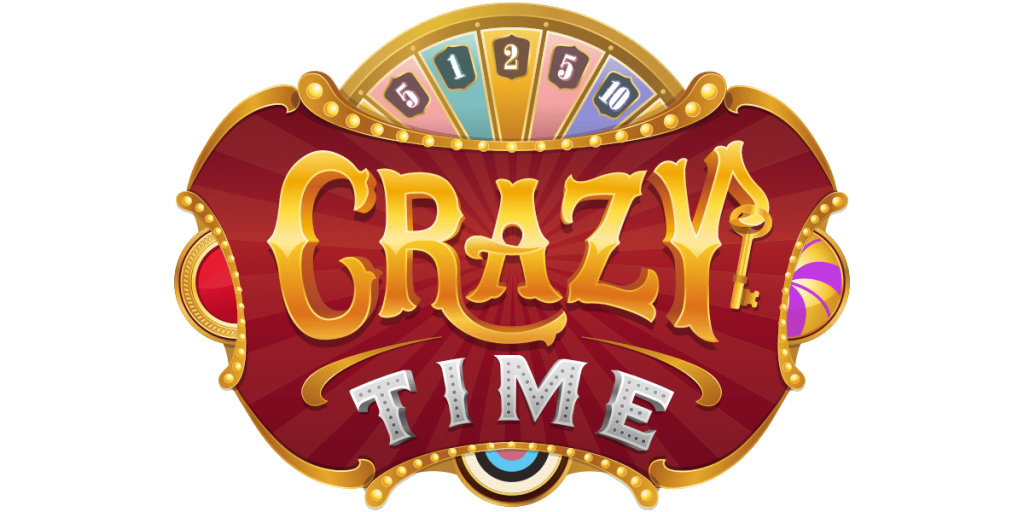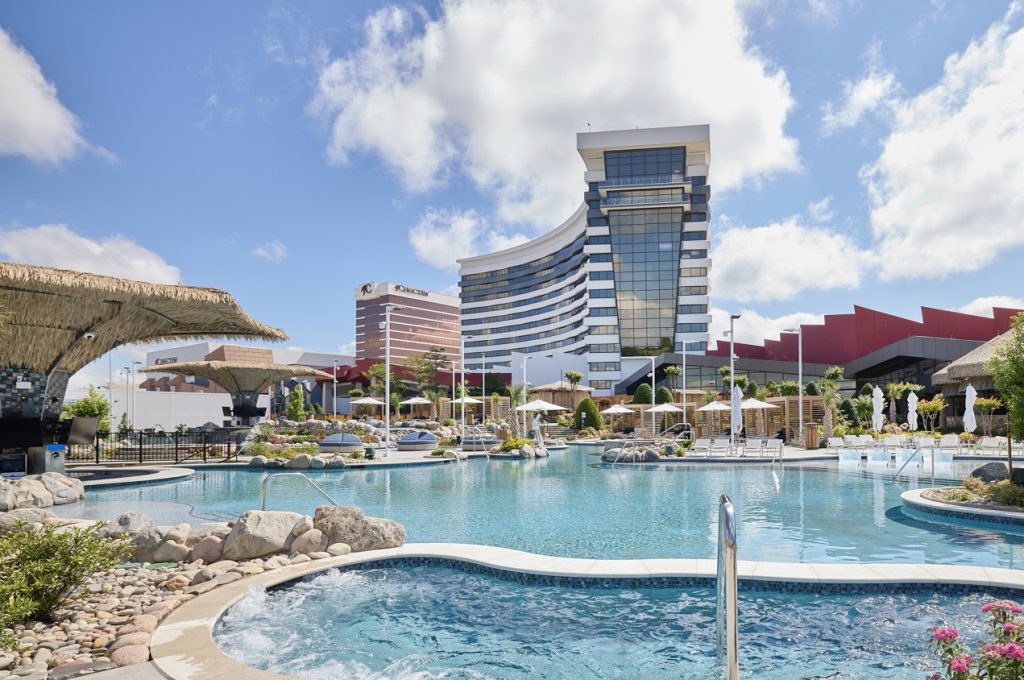Choctaw Casino: Choctaw Casinos are a prominent group of Native American gaming establishments operating across Oklahoma. Known for their expansive resorts, vibrant entertainment options, and economic contributions to the region, the Choctaw Casinos are more than just gaming hubs — they are engines of tribal sovereignty, cultural preservation, and economic development.
But who actually owns the Choctaw Casinos? The short answer is: The Choctaw Nation of Oklahoma.
This article explores who owns and operates Choctaw Casinos, how they are managed, their structure, economic impact, and how they compare to other tribal and commercial casinos in the U.S.
The Owner: The Choctaw Nation of Oklahoma
The Choctaw Nation of Oklahoma (CNO) is a federally recognized Native American tribe. It owns and operates all Choctaw Casinos through its business division, Choctaw Nation Division of Commerce.
Table 1: Ownership Breakdown
| Aspect | Detail |
|---|---|
| Owner | Choctaw Nation of Oklahoma |
| Type of Ownership | Tribal Sovereign Ownership |
| Legal Entity Operating Casino | Choctaw Nation Division of Commerce |
| Recognition | Federally Recognized Tribal Government |
| Tribal Headquarters | Durant, Oklahoma |
The Choctaw Nation of Oklahoma is one of the largest Native American tribes in the U.S., both in terms of population and land base. Its sovereign status allows it to own and operate enterprises, such as casinos, under federal laws like the Indian Gaming Regulatory Act (IGRA) of 1988.
The Business Arm: Choctaw Nation Division of Commerce
The Choctaw Nation operates its casinos through the Division of Commerce, which oversees tribal business ventures. This includes hospitality, tourism, retail, manufacturing, and more.
Table 2: Business Entities Involved
| Entity | Role |
|---|---|
| Choctaw Nation of Oklahoma | Tribal government and ultimate owner |
| Choctaw Nation Division of Commerce | Oversees all business operations, including casinos |
| Choctaw Casinos & Resorts | Brand name under which casinos operate |
| Tribal Council | Approves large financial/business decisions |
The Division of Commerce functions like a holding company and ensures that all casino revenue is reinvested into tribal programs such as housing, education, healthcare, and infrastructure.
Locations and Scope of Operations
Choctaw Casinos operate under the brand “Choctaw Casinos & Resorts”, with the flagship location in Durant, Oklahoma. There are over 20 gaming centers operated by the Choctaw Nation, ranging from full-scale resorts to smaller travel plazas with gaming facilities.
Table 3: Key Choctaw Casino Locations
| Casino Location | Type | Notable Features |
|---|---|---|
| Durant | Full Resort | Hotel towers, pools, event center, spa |
| Pocola | Regional Casino | Near Fort Smith, AR |
| Grant | Mid-sized Resort | Hotel, concert venue, restaurants |
| Broken Bow | Travel Plaza | Small-scale gaming, fuel, convenience store |
| Idabel | Regional Casino | Table games, slots, dining options |
These casinos serve not only as entertainment centers but also as job creators and economic lifelines for many rural communities.
Legal Framework and Sovereignty
Unlike commercial casinos, Choctaw Casinos operate on tribal lands under federal law, primarily governed by:
- Indian Gaming Regulatory Act (IGRA) – Allows tribes to operate casinos on sovereign land.
- Tribal-State Gaming Compacts – Agreements with the state of Oklahoma that define rules, taxation, and operations.
- National Indian Gaming Commission (NIGC) – Regulates the technical and legal compliance of tribal gaming.
Because of their sovereign status, the Choctaw Nation does not pay state or federal income taxes on revenue. However, they do share a percentage of revenues with the state under compact agreements.
Economic Impact
Choctaw Casinos contribute significantly to both the tribal economy and the broader Oklahoma economy.
Table 4: Economic Contributions (Estimates)
| Category | Impact |
|---|---|
| Jobs Created | Over 10,000 jobs in Oklahoma |
| Annual Tribal Revenue | Estimated $1.5–2 billion from all businesses |
| Revenue from Casinos | Majority of tribal income |
| State Revenue Sharing | Tens of millions annually |
| Community Programs Funded | Housing, health, education, public safety |
The money earned from Choctaw Casinos doesn’t go into private hands — it is reinvested into the tribal nation to support citizens, preserve culture, and build infrastructure.
Management and Oversight
Management of Choctaw Casinos is handled by tribally appointed executives, with oversight from the Choctaw Nation’s Tribal Council. The Nation hires professionals in hospitality, gaming, and management to operate each location.
Table 5: Management Structure
| Role | Responsibility |
|---|---|
| Tribal Council | Governance and oversight |
| Chief (currently Gary Batton) | Executive leadership of the Choctaw Nation |
| Division of Commerce CEO | Business and operational decisions |
| Casino General Managers | Day-to-day operations at each location |
| Compliance Officers | Ensure regulatory and ethical compliance |
Comparison with Other Casinos
Let’s compare Choctaw Casinos with commercial and other tribal casinos.
Table 6: Comparison Overview
| Feature | Choctaw Casinos | Commercial Casinos | Other Tribal Casinos |
|---|---|---|---|
| Ownership | Tribal (Choctaw Nation) | Private Corporations | Varies (e.g., Mohegan, Navajo) |
| Location | Oklahoma (tribal land) | Varies (urban areas) | Tribal land |
| Revenue Usage | Community/Tribal programs | Shareholders’ profits | Community development |
| Regulation | IGRA, Tribal-State Compacts | State gaming boards | IGRA, Tribal-State Compacts |
| Taxation | No income tax, revenue share with state | Fully taxed | Revenue sharing based on compacts |
Conclusion
Choctaw Casinos are tribally owned enterprises fully operated and managed by the Choctaw Nation of Oklahoma through its Division of Commerce. These casinos are more than gambling venues; they are crucial pillars of economic sovereignty, tribal empowerment, and cultural revival.
They showcase how tribal nations can leverage legal sovereignty and business acumen to build powerful enterprises that benefit entire communities, fund critical services, and preserve Native heritage — all while providing entertainment and jobs to a wide population.

